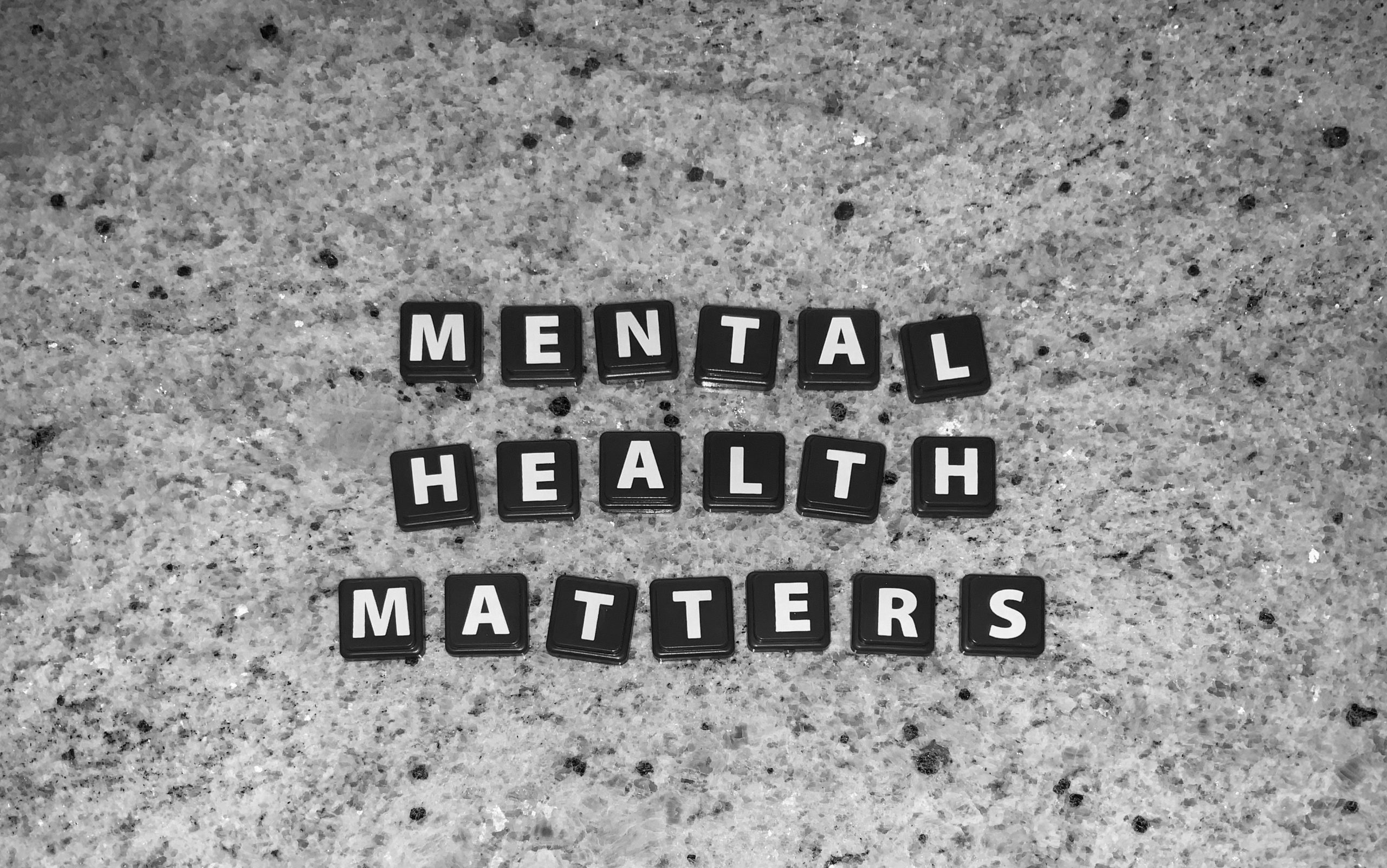Awareness about the importance of mental health has grown in the last few years, fueling the demand for accessible and innovative solutions to which technology could and should respond.
Innovations such as mental health app and therapeutic chatbots are revolutionizing rapidly the access to online psychological support. Let’s explore together the fundamental role of these technologies in improving individuals’ mental wellbeing.
Mental Health Apps
Apps for mental health offer various tools and resources that help people manage stress, learn mindfulness and face psychological discomfort. From guided meditation to daily mood tracking, these apps provide an economic, customized and accessible support. As example we want to cite HeadSpace, which emphasize meditation and mindfulness, and Calm, which provides various resources to face and reduce stress and to improve sleep quality, the foundation of psycho-physiological well being. Users can benefit from an increased awareness and control over their emotions, improving their balance.
Therapeutic Chatbots
Therapeutic chatbots use AI and natural language processing to provide emotional support and psychological counseling through conversational interaction.These chatbots can offer a safe and non-judgmental environment in which users can explore their feelings and receive customized advice. A popular example is Woebot, that uses empirically validated techniques to help users face anxiety and depression. The advantages of these methods are accessibility 24/7, privacy assurance and accessible prices.
Psychological support online platforms
There is, at this point, a wide range of counseling, therapy and emotional support online services managed by qualified professionals. An example is BetterHelp, one the most famous platforms, that allows users to engage with therapist through messaging, video and phone calls, offering flexibility and convenience and overcoming the barriers of traditional therapy.
Privacy, Security and Limitations
Emerging technologies offer a lot of advantages, but it is important to consider also their ethical challenges for privacy and data protection and their limits. These technologies, in fact, cannot suit everyone, and it’s obvious that they can’t substitute traditional, face-to-face, human-made therapy, completely, most of all regarding the most complex cases.
The future of mental health technology
Looking at the future, mental health technology promises continuous innovation and improvement. Potential developments in AI and virtual reality could improve additionally the effectiveness and the accessibility of the therapy. It is fundamental to invest in research and in regulation to assure that everyone can have access to the psychological support they need.


